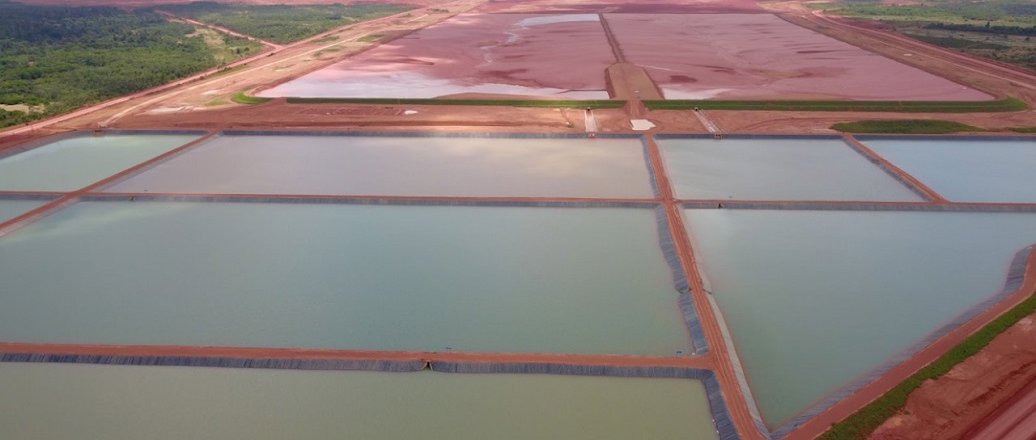In a scenario where the search for renewable energy sources has been a decisive factor for cleaner and more sustainable operations, Hydro takes an important step in this direction and has just signed a partnership with the Federal University of Pará (UFPA in Portuguese) to carry out studies on the use of solar panels in its bauxite mine in Paragominas (PA). The university will carry out tests with a floating photovoltaic system in Hydro Paragominas' water reservoir. One of the main objectives is to make it possible to reduce the evaporation of water from the plant's reservoirs, in addition to offering a new source of energy capable of meeting part of the mine's own consumption. The initial investment in the project is around BRL 1 million and the research lasts for two years.
The project helps to reuse water, eliminating the need to use fresh water in the operation. As the plates would float in the reservoirs, the rate of evaporation losses is reduced, thus using as much water as possible in the operations. The use of floating photovoltaic systems is innovative and has shown that it can produce more energy than conventional ones by keeping the plate temperatures milder. The expectation is that each kilometer with the photovoltaic system installed will generate 50MW. In the testing phase, an area of 156m² will be used for preliminary assessment. If the research proves the efficiency of the process, Mineração Paragominas has the potential to expand the covered area in the future, generating more energy proportionally.
“This research is in line with Hydro's goal of being increasingly sustainable. If the results are positive, we can save even more water in our processes and provide a renewable energy alternative for our operations. It is a benefit for the company and for the conservation of the environment. We are committed to always innovating in search of more sustainable production processes and UFPA has been an important partner in this objective”, says Evilmar Fonseca, industrial director of Hydro Paragominas.
"The opportunity to preserve a fundamental natural resource for its industrial processes, which is water, through a renewable generation system, which is solar photovoltaic technology, places Hydro in a prominent position in the scenario of sustainable and economically viable”, emphasizes the research coordinator, Wilson Negrão Macêdo.
For the Dean of Research and Graduate Studies at UFPA, Iracilda Sampaio, “sustainability is a highly demanded concept in the modern world and, in this context, the production of renewable energy, energy that does not pollute the environment, is a yearning of the entire society. UFPA has on its staff competent research teams in the field of sustainable energy and this partnership between UFPA and Hydro, using solar panels for energy production, is very opportune at the moment. We live in a region rich in sun and water, and we have all the conditions to advance in this area of research, in an important university-company partnership. Our expectations are very high as to the success of this project”.
Agreement already has three other research projects
Hydro has already announced three research projects with UFPA, in the areas of the use of residues and tailings. Investing in research is part of Hydro's sustainability strategy. In 2020, the company announced two researches that are already in progress, being the production of cement and synthetic aggregate, both with the residue from the refining of bauxite, which is generated at Alunorte, which is located in Barcarena. This year, another research was announced, which will study the feasibility of using the waste ore from Hydro's bauxite mine to produce tiles, bricks, refractory materials, low-carbon cement and even a biodegradable plastic.
The three projects are part of the technical and scientific cooperation agreement between Hydro and the University, which began in 2019, to carry out several lines of research that will enable the consolidation of the development of the state of Pará.
: September 27, 2021







